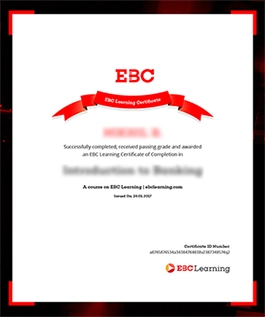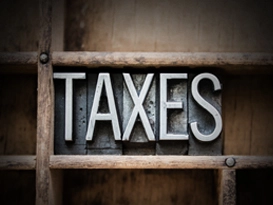GST & Constitutional Changes
About Course
Goods and Services Tax (GST) is a comprehensive indirect taxation mechanism introduced in India in 2017 with an aim to subsume the existing indirect taxes under a common umbrella, comprising taxes on goods and services. The GST Council acts as a recommendatory body with respect to the implementation and levy of the respective taxes under the system of GST.
This course is aimed at providing an overview of the system of GST and most importantly, the course shall provide an understanding of the relationship between GST and Indian Constitutional Law and Policy.

It's a win for democratic ethos of India, and a victory for everyone. GST will improve the way of doing business.
Narendra Modi- 1. Introduction
- 1.1 About the course
- 2. Changes in the Indian Constitution and Taxation System
- 2.1 Changes in the Constitution
- 2.2 GST as a subsummation of the existing taxes
- 2.3 Impact on the Parliament's legislative powers
- 2.4 Exercises
- ☆ Feedback
- 3. GST Council
- 3.1 Status of the GST Council
- 3.2 Role of the GST Council in cooperative federalism
- 3.3 Impact of the GST Council on parliamentary sovereignty
- 3.4 Exercises
- 4. Compensation mechanism for states
- 4.1 Significance of the compensation mechanism under GST
- 4.2 Exercises
- 5. GST disputes
- 5.1 Resolving GST disputes
- 5.2 Exercises
- 6. Constitutional structure for GST
- 6.1 Sufficiency of the current constitutional structure
- 6.2 Scope of GST under the Indian Constitution
- 6.3 Impact of absence of a definition of “supply” in the Indian Constitution
- 6.4 Exercises
- 7. Special status under GST
- 7.1 Status of electricity
- 7.2 Status of entry taxes
- 7.3 Status of tobacco, petroleum and real estate
- 7.4 Special-status States under GST
- 7.5 Status of Jammu and Kashmir under GST
- 7.6 Exercises
- ☆ Feedback
Why Take This Course?
This course will help you
- Get an overview of the system of GST,
- Understand the correlation between GST and existing taxation system,
- Analyse the changes brought by GST in the Indian Constitution and the impact on the Parliament’s legislative powers,
- Understand the role of the GST Council in relation to policy making and cooperative federalism,
- Analyse the status of different goods and services under GST, and
- Discern the scope for further research in the area of GST under the present Constitutional framework
Instructors

Tarun Jain
Advocate, Supreme Court
Tarun has 12+ years of expertise in indirect and direct tax. He has led tax litigation teams at top law firms and teaches Taxation Law at National Law Schools. He authored “Goods and Services Tax: Constitutional Law and Policy” (EBC).

[GST] is a journey where India will awake to limitless possibilities.
Arun JaitleyCertificate
Complete this course and exercises to earn a certificate. Share it with your friends, colleagues, and employers.*
*You must Subscribe to get a certificate.

Limit Reached or Trial Expired
You have reached the limit of 2 audit enrollments or your trial period has expired.

